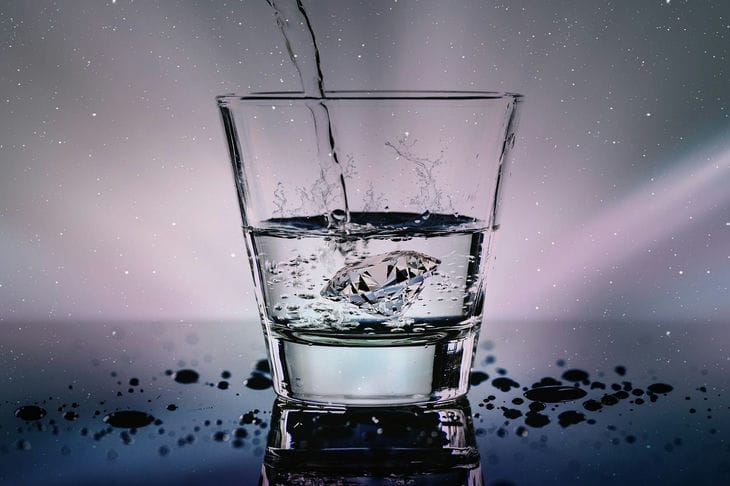How, when and how much water can you drink for health benefits
Water is involved in all vital processes of the body. It activates metabolism, removes toxins, delivers nutrition and oxygen to organs.
Every day the body loses at least two liters of fluid through digestion, sweating and breathing.
Water regulates temperature, is a catalyst for important processes, maintains electrolyte balance and performs many other functions.
If you do not maintain your water balance, all body systems are disrupted: digestion slows down, kidney function deteriorates, productivity decreases, and cognitive abilities are impaired.
Eight glasses of water
Many people think that they need to drink at least eight glasses of water per day. This is not entirely true. Each organism has its own fluid requirements depending on body weight, health, metabolism, activity level, and environmental conditions.

The norm must be calculated individually, based on the body's basic requirement of 30 ml of water per 1 kg of weight.
During warmer months when you sweat a lot, or in the winter when the air is dry, you may need more water. You may need to drink more if you take medications that cause fluid loss or if you move a lot.
In the presence of kidney disease or heart and vascular diseases, as well as hypertension, the norm is calculated by the doctor individually.
Living and dead water
It is not healthy to drink boiled water, as the microbiome is destroyed during boiling. In addition, the salts in raw water precipitate into a solid sediment during boiling, forming toxic compounds and can cause kidney stones.
It is better to drink filtered water, although the carbon filter does not clean the water from nitrates, harmful bacteria and microorganisms. And filters based on ionic resin can greatly change the concentration of magnesium and calcium. It is better to drink spring or artesian water in glass bottles.
Table mineral water can also be drunk if it contains less than 1 g of minerals per liter. And medicinal table water can be drunk in small quantities and on the recommendation of a doctor. Juices, smoothies and cocktails are considered liquid food and are not taken into account.
The morning begins with a glass of water
Therapists advise drinking a glass of warm water on an empty stomach in the morning. This starts the flow of bile, the production of enzymes, activates intestinal peristalsis, speeds up metabolism and helps the body wake up.
Patients with gallstone disease should not drink water, so as not to provoke the movement of stones. The drinking regimen in this case will be prescribed by the attending physician. Doctors recommend drinking water 30 minutes before meals or an hour after.
More the better
Excess fluid can cause what is known as water intoxication. This is because too much water disrupts the electrolyte balance, reducing the amount of sodium in the blood.
Then intracranial pressure increases and there may be cerebral edema. In case of intoxication, a person begins to have a headache, nausea, and sometimes vomiting.
In severe cases, breathing becomes difficult, cramps and sensory disturbances occur. However, such disturbances can be caused by drinking large amounts of water – at least 3 liters – during the day.
Earlier we told you about the operation performed on a child who fell from a swing.
